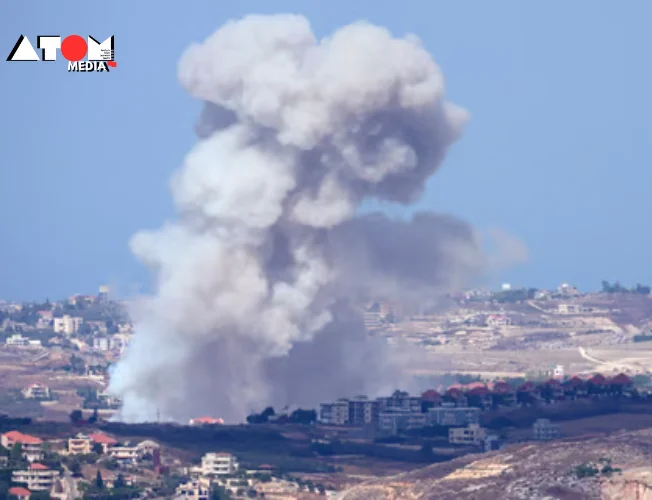In a dramatic escalation of conflict, Israel has launched its largest aerial offensive against the Iranian-backed militant group Hezbollah since the onset of the Gaza war on October 7. The airstrikes have resulted in the deaths of nearly 500 individuals across southern Lebanon, with the Lebanese health ministry reporting around 1,650 injuries, including approximately 100 women and children among the deceased.
Background of the Conflict
The recent violence follows a series of minor clashes and skirmishes that had become routine along Israel’s northern border with Lebanon. Hezbollah has consistently fired hundreds of rockets into Israeli territory, asserting that these actions are in solidarity with the Palestinian people enduring Israel’s military campaign in Gaza.
Tensions have been exacerbated since August when Hezbollah retaliated for the assassination of its top commander, Faud Shukr, by Israeli forces in July. In a significant show of force, the militant group launched over 100 rockets on Sunday, declaring an “open-ended battle of reckoning” against Israel following a series of explosions targeting Hezbollah members that Lebanon attributed to Israel and its intelligence agency, Mossad.
Israel’s Military Response
Israeli officials have indicated that diplomatic efforts to curtail Hezbollah’s attacks have proven ineffective, suggesting that an all-out war may be necessary to secure its northern borders and facilitate the safe return of its citizens to their homes. The Israeli military has announced plans to expand its aerial assault on what it identifies as Hezbollah weapon sites in southern and eastern Lebanon, emphasizing that the focus is on degrading Hezbollah’s military capabilities. Despite this escalation, a ground invasion is not anticipated in the immediate future.
Israeli Prime Minister Benjamin Netanyahu has characterized the coming days as “complicated,” asserting, “I want to clarify Israel’s policy: we do not wait for the threat; we are ahead of it.” In a video message directed at the Lebanese people, he sought to distinguish between the actions of Hezbollah and the general population, urging civilians to “get out of harm’s way now.” Netanyahu accused Hezbollah of using Lebanese citizens as human shields by placing rockets and missiles in civilian areas.
International Reactions and Concerns
The ongoing violence has drawn widespread concern from the international community. Iranian President Masoud Pezeshkian warned of “irreversible consequences,” accusing Israel of provoking a broader regional conflict. He stated, “We do not wish to be the cause of instability in the Middle East, as its consequences would be irreversible.”
United Nations Secretary-General Antonio Guterres expressed grave alarm over the escalating situation in Lebanon, condemning both Israel’s bombing campaign and Hezbollah’s retaliatory strikes. Guterres emphasized that “all efforts must be devoted to a diplomatic solution” to prevent further escalation.
Conclusion
The situation in Lebanon remains precarious, with the potential for further escalation in violence. As Israel intensifies its military operations against Hezbollah, the humanitarian impact continues to grow, leading to international calls for a diplomatic resolution. With both regional and global leaders expressing alarm, the focus now shifts to efforts aimed at stabilizing the situation and preventing an all-out war in the Middle East.
Read more: Marketing News, Advertising News, PR and Finance News, Digital News





